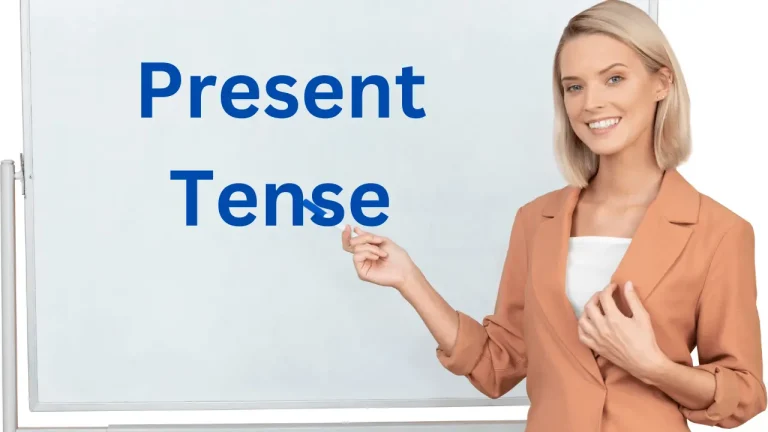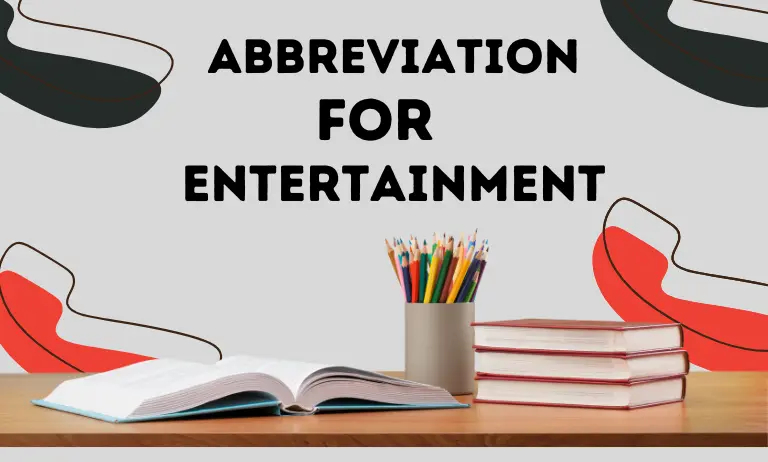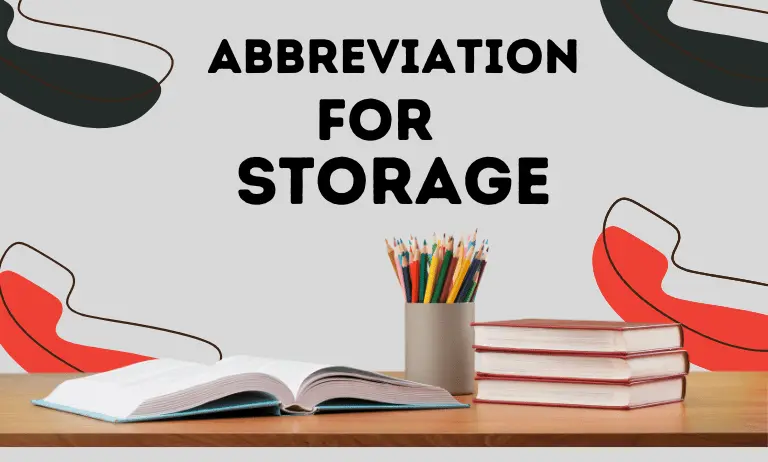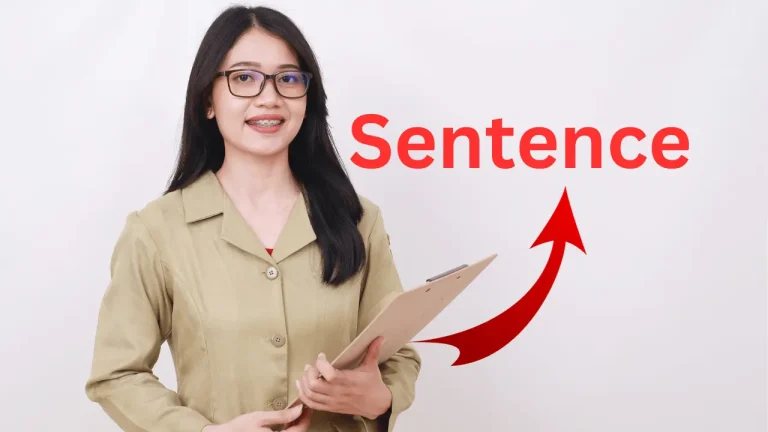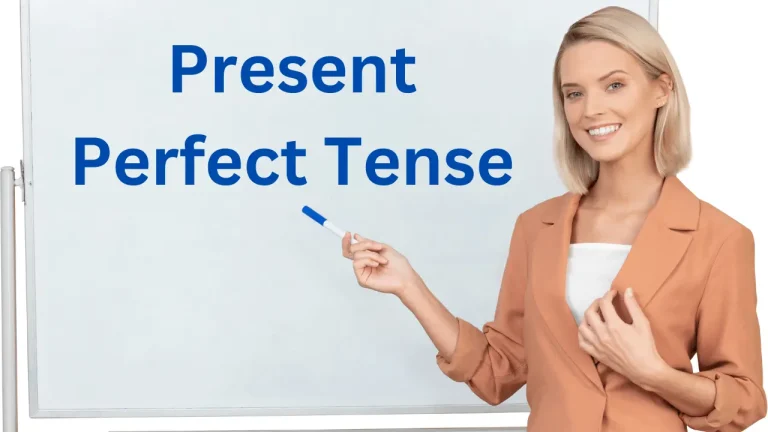Guidance About Sentence Structure And 4 Kinds
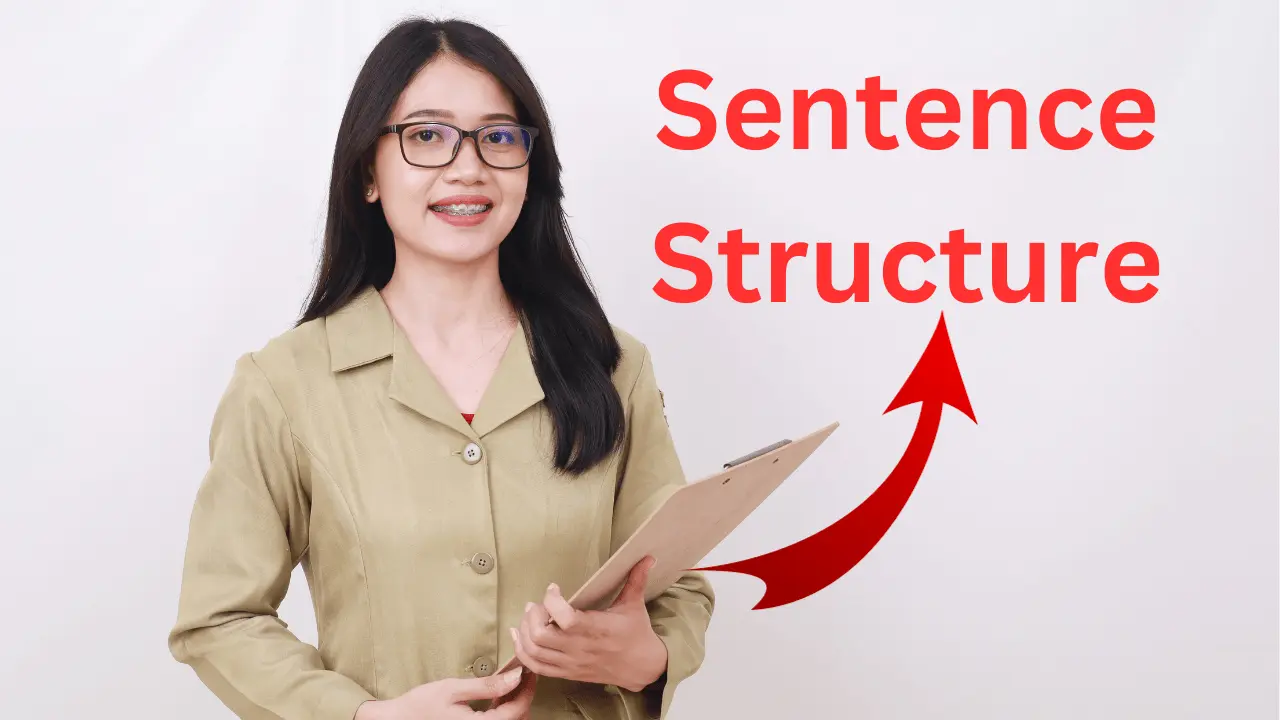
Improving Sentence Structure with types – with each impact examples
Do you worry about improving your sentence structure and kinds in the English language? So, don’t worry because this understanding isn’t so difficult, instead it needs only full attention. Additionally, it tells our users how various components of a sentence are connected together, to the ordering of its words.
When the sentences are in true order and speak in better pronunciation, everybody can easily understand what you want to say. Furthermore, if someone speaks in wrong pronunciation, not only will it be difficult to understand, but it will leave a bad effect on everybody.
Kinds of Sentence Structure
There’re 4 kinds of sentence structure:
Let’s understand each kind in detail.
1. Simple Sentence
A simple sentence contains at least one subject, form of verb, and object. In short, it consists of one independent clause.
Method of writing: Subject + Form of Verb + Object.
i.e. They speak the truth. In this example “They” is a subject, “speak” is a form of verb, and “the truth” is an object. Also, if you want to explore further examples, read the below example carefully.
Impact Examples of Simple Sentence:
2. Compound Sentence
Those sentences in which 2 or more independent clauses combine together through coordinating conjunction to make a new sentence are called compound sentences.
Note: These are 7 famous coordinating conjunctions (and, but, or, nor, for, yet, so).
Method of writing: Independent clauses + coordinating conjunction + Independent clauses.
i.e. I need to go to the store, so I will be back soon. In this example “I need to go to the store” is one independent clause, “so” is a coordinating conjunction, and “i will be back soon” is another clause. Also, watch further a few examples below.
Impact Examples of Simple Sentence:
3. Complex Sentence
When 1 independent clause and 1 or more dependent clause by subordinating conjunction or a relative pronoun are joined to make a new sentence. After this, when you get a new sentence, it’s called a complex sentence.
Note: Here subordinating conjunction are: (after, let, although, as, because, before, how, if, once, since, than, that, though, till, until, when, where, whether, while) and five basic relative pronouns are: (that, which, who, whom, whose).
Method of writing: Independent Clause + subordinating conjunction or relative pronouns + Dependent Clause.
i.e. We missed our plane because we were late. In this example “We missed our plane” is an independent clause, “because” is a subordinating conjunction, and “we were late” is a dependent clause. Also, look below for further impact examples.
Impact Examples of Simple Sentence:
4. Compound-complex sentences
A compound-complex sentence contains 2 independent clauses and 1 or more dependent clauses which are linked by subordinating conjunction and coordinating conjunctions.
Method of writing: Independent Clause + Subordinating Conjunction + Dependent Clause + Coordinating Conjunctions + Independent Clause.
I.e. He went quickly from a birthday party, because he had urgent work but again he came within five minutes. In this sentence “He went quickly from a birthday party” is an independent clause, “because” is a subordinating conjunction, “he had urgent work” is a dependent clause, “but” is a coordinating conjunction, and “again he came within five minutes.” is an Independent Clause. Furthermore, to get more examples related to these sentences, see below and read carefully.
Impact examples of simple sentences:
FAQs
Conclusion
Lastly, we’re trying to tell you that the use of very brief sentences can be irritating for users. On the other hand, extra length of sentence can also confusion for user and even can’t in understand that what can you want to say them.
If you want to overcome this behaviour, read sentence structure’s rules carefully with the help of this article. Also, if you have faced any issue to understand this structure of sentence, you can share with us with the help of comments below. We’ll try our best to solve your issue in a short time. Lastly, thanks for reading.
